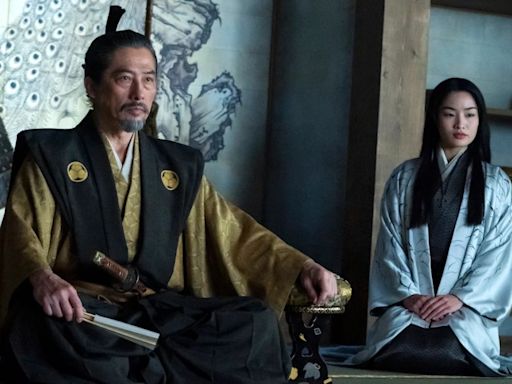Search results
Samurai. A samurai in his armour in the 1860s. Hand-colored photograph by Felice Beato. Samurai ( 侍 、さむらい) were the hereditary military nobility [1] [2] [3] [4] and officer caste of feudal and early-modern Japan from the late 12th century until their abolition in the late 1870s during the Meiji era.
Learn about the samurai, the Japanese warrior caste that ruled Japan for centuries and developed a unique code of honour and culture. Explore their origins, roles, arts, and fate in the Meiji Restoration.
- The Editors of Encyclopaedia Britannica
- The term samurai was originally used to denote Japan’s aristocratic warriors (bushi), but it came to apply to all the members of the country’s warr...
- Emerging from provincial warrior bands, the samurai of the Kamakura period (1192–1333), with their military skills and deep pride in their stoicism...
- The ideal samurai was supposed to follow an unwritten code of conduct, later formalized as Bushidō, which held bravery, honour, and personal loyalt...
Jul 5, 2019 · Definition. The Samurai (also bushi) were a class of warriors that arose in the 10th century in Japan and which performed military service until the 19th century. Elite and highly-trained soldiers adept at using both the bow and sword, the samurai were an essential component of Japanese armies in the medieval period.
- Mark Cartwright
- Samurai were an elite class of Japanese warriors who performed military service for nobles. They were well-trained and highly skilled at riding hor...
- Many samurai, especially the highest levels of the class, fought to the death. If they were in danger of being captured they often killed themselve...
- Ronin, meaning 'wanderer' or 'masterless warrior', was a term applied to samurai who could not find regular military service. Ronin were particular...
- Samurai do not exist today, this class of Japanese warriors was formally abolished in 1876.
- Early Samurai. Samurai and Bushido. During the Heian Period (794-1185), the samurai were the armed supporters of wealthy landowners–many of whom left the imperial court to seek their own fortunes after being shut out of power by the powerful Fujiwara clan.
- Rise of the Samurai & Kamakura Period. The triumphant leader Minamoto Yoritomo–half-brother of Yoshitsune, whom he drove into exile–established the center of government at Kamakura.
- Japan in Chaos: the Ashikaga Shogunate. The strain of defeating two Mongol invasions at the end of the 13th century weakened the Kamakura Shogunate, which fell to a rebellion led by Ashikaga Takauji.
- Samurai under the Tokugawa Shogunate. The Sengoku-Jidai, or Period of the Country at War finally ended in 1615 with the unification of Japan under Tokugawa Ieyasu.
Samurai (lit. “one who serves”) is the term used to refer to members of Japan’s warrior class. The origins of the samurai can be traced to the eighth and ninth centuries, when large landholdings moved into the hands of the imperial family and related members of the aristocracy (nobles).
Samurai (or bushi) were members of professional warrior clans who started to play a central role in the history of medieval Japan. As they rose in both social and economic stature, they...






